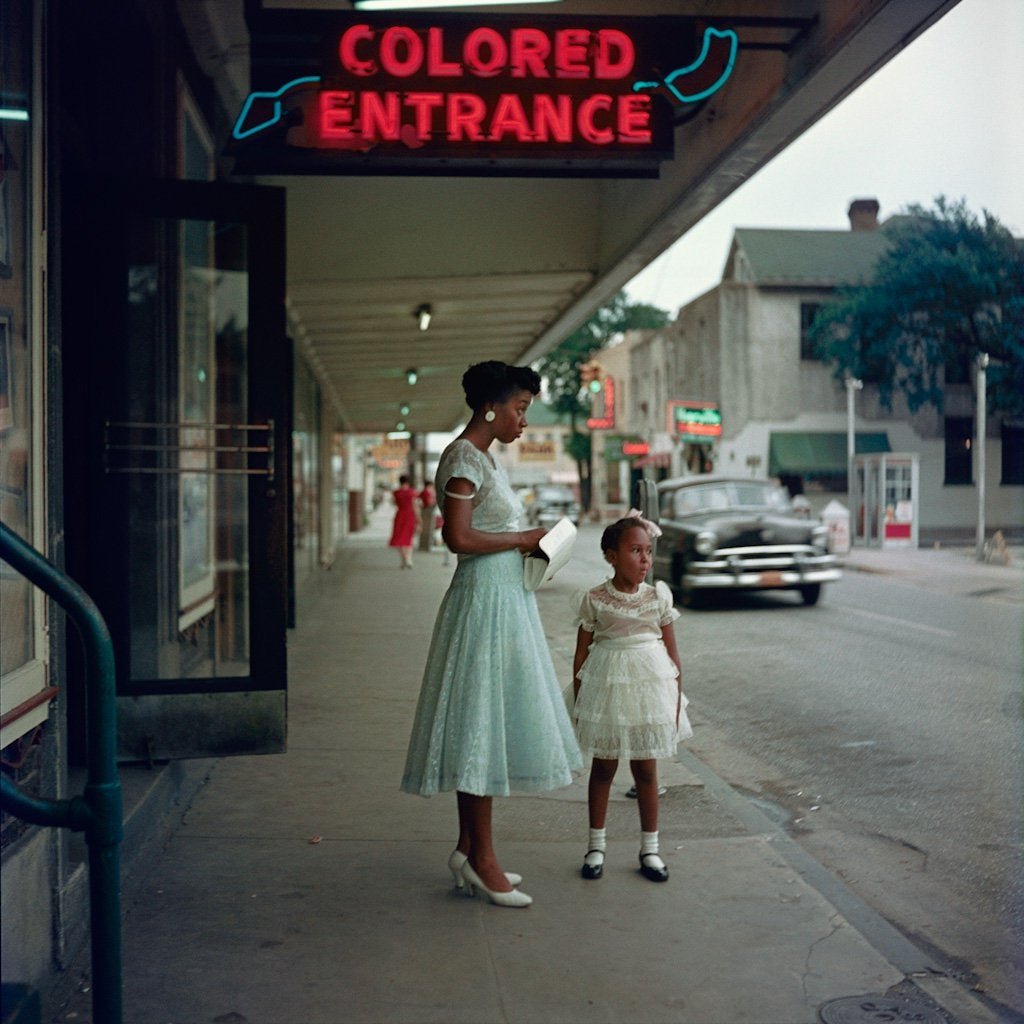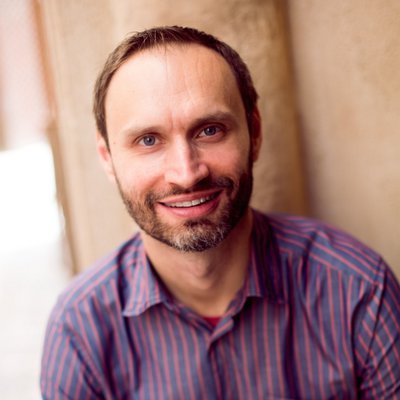The Monolithic Black Community and Frequently Asked Questions
A few weeks ago I tweeted: If you look at your Black friends, coworkers, writers etc. and think they can only contribute to race conversations, this is wrong and narrow.
The tweet was met with a mix of both encouragement and confusion. Some people chimed in to simply say, “Duh” or “Of course.” Others didn’t understand why I would say this was wrong and narrow and, since I don’t tend to defend myself online, I watched as others explained that it isn’t always assumed that Black people shouldn’t all be talking about race. But there can be a common assumption, perhaps an unconscious one, that topics on race, racial reconciliation and diversity should be relegated solely to African Americans. We are called on to address these topics quite often.
I’ve argued that not only is it not true that African Americans ought to be called on frequently for this topic, it isn’t right or even healthy for the conversation. In order for us to truly grow, we must hear from other voices, particularly our white brothers and sisters. My white brothers and sisters are indeed a part of humanity, a part of the human race and, therefore, race, racial reconciliation and diversity aren’t just “black issues” or topics. Furthermore, our African American brothers and sisters frankly have far more to offer than just their thoughts and insights on race. I’m thankful to have had the opportunity to write and speak on topics beyond race—and I am also happy and thankful to share on this topic. However, many African Americans cannot say the same.
I’m introducing this topic of frequently asked questions by highlighting that we canand should speak into all areas of life and ministry because there’s another temptation that many fall into: the Black community is vast and varied and, therefore, not monolithic (just like each distinct and unique individual snowflake in a snowfall). Perhaps this strikes you similarly as my previous statement, “Duh. Of course not all Black people are the same.” The trouble is, I’ve personally experienced this assumption time and time again and it’s good for you and I to know and remember that the experiences, upbringing, and even culture of people of a certain ethnicity will not be the same. Therefore, when we ask questions like, “What can I do to assist in the fight against racism?” the answers can be widely different.
For example, I’m often asked about my experience in the Black Church. I think this question and many others like it are innocent in themselves—my assumption is that the questioner is simply curious and means absolutely no harm. There are, however, great assumptions being made on the part of the person asking the question.
Here’s why:
I became a Christian at the age of 22. A white female shared the gospel with me and then, when I eventually gave my life to the Lord, I entered a predominantly white church.
I did not grow up attending church beyond major holidays, and once I hit high school, my sisters and I were no longer forced or encouraged to attend any church. I was first truly introduced to a church community when I was 16—it was multi-ethnic.
I can count on my hands the amount of times I’ve attended predominantly Black churches.
My church experience has been a mixture of fundamentalism in high school, reformed Baptist, and non-denominational. It has also always been either multi-ethnic or predominantly white.
So, why is there the assumption that I’d know anything at all about the Black Church, beyond what I’ve studied? Simply because I am Black.
My culture, upbringing, and general church experience would likely be quite different from someone of the same ethnicity in Chicago or San Diego or Iowa (are there any Black people in Iowa? Although I kid, there’s only 3.4% of the entire population). However, there’s one thing that the whole Black community does have in common and that binds us uniquely—we share the same history in this country.
Why is it so important that we need to understand there are different experiences that shape people who share the same ethnicity?
Even with the commonality of Black history in this country, I have heard Black brothers and sisters share things about racial reconciliation that I would say differently or would outright disagree with. It’s important that we realize that there are various and varying opinions and methods for communicating on the topic of racial reconciliation. For example, I have friends who will not call this pursuit racial reconciliation; to them it’s racial harmony, and still others wouldn’t use the term race at all. There are some of us who believe that there are systemic problems within our country, in particular in our justice system, while there are others who believe that the greater issue is Black on Black crime. What could be a temptation for you (and for me!) would be to find the person who sounds the most like you and believe that because this person says what you hope to hear, then it’s true for all people within that community.
As we all seek to learn and gain understanding, I believe one of the first things we must realize is that varying opinions, even if you disagree, are helpful for growth, understanding, and gaining empathy. This doesn’t mean we have to automatically adopt the beliefs of others, but we ought to, at the very least, consider and wrestle with what they have to say. We don’t need to feel any pressure to support someone we disagree with either. In our social media age, there can be a pressure to share something we aren’t convinced is the most helpful and specifically on topics about race, we don’t want to look like we aren’t contributing or engaged either. There’s no need for that pressure on this topic or any other. Learn and grow, yes, but we don’t need to feel pressure to share things we disagree with or still need to sort out in our heart and mind.
Because I recognize that I can’t speak for all Black people in America, I’m excited to share that I’ve invited two friends who have wisely spoken and written on the subject of race to also answer some of the frequently asked questions on race. Kristie Anyabwile and Jemar Tisby will answer these frequently asked questions:
What can I do?
I’m afraid to speak. How can I speak about this topic well?
Is there hope?
Admittedly, Kristie, Jemar, and I are likely similar in our overall views, but we do have varying backgrounds and upbringings and, as a result, I thought it could be helpful to hear from others on this important topic.
My prayer is that this short series will prove to be helpful and encouraging to you as we all seek to love one another the way the Lord not only intended, but also has commanded.
Look for their answers later this afternoon or tomorrow morning.
RELATED CONTENT











Guest post by Isaac Adams
I thank God for folks who speak biblically about race. Whether it’s a black mom teaching her children that they also bear God’s image, or a white sister writing a prophetic blog post—there are many brothers and sisters take up this worthwhile battle…